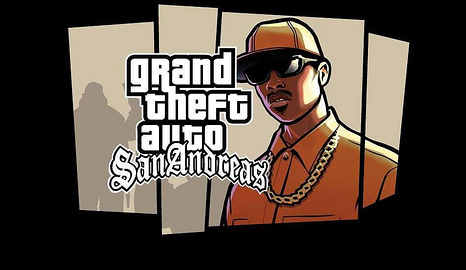CRIME
Gaming cuts Norway youth crime by a quarter
Computer games may have cut youth crime in Norway by as much as a quarter over the last decade, social research outfit Nova has argued on the release of Norway's latest crime statistics.
Published: 14 August 2013 10:32 CEST

In the virtual hood - Grand Theft Auto
Norway has seen a dramatic drop in youth crime over the last decade, according to figures from Statistics Norway released this week, with just 7.8 percent of 15-20 year olds charged with an offence in 2011, compared to 10.3 percent in 2002.
"What we see is that young people spend more time in front of their screens, and this changes the conditions for youth crime," Nova's lead researcher Anders Bakken told The Local.
"Traditionally young people have been stealing from shops, and smashing things up. Young people today spend more time at home, either alone or with their parents, and all together, this has contributed to the fall in youth crime."
He said his research had also documented falling levels of alcohol and drug abuse among young people, better participation at school, and better relationships with their parents.
"The young people that are teenagers today are probably more serious than earlier generations," he said.
Url copied to clipboard!


 Please whitelist us to continue reading.
Please whitelist us to continue reading.
Member comments